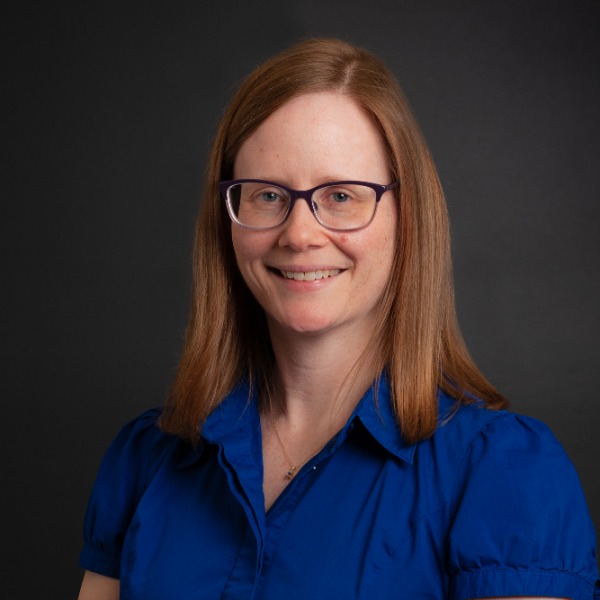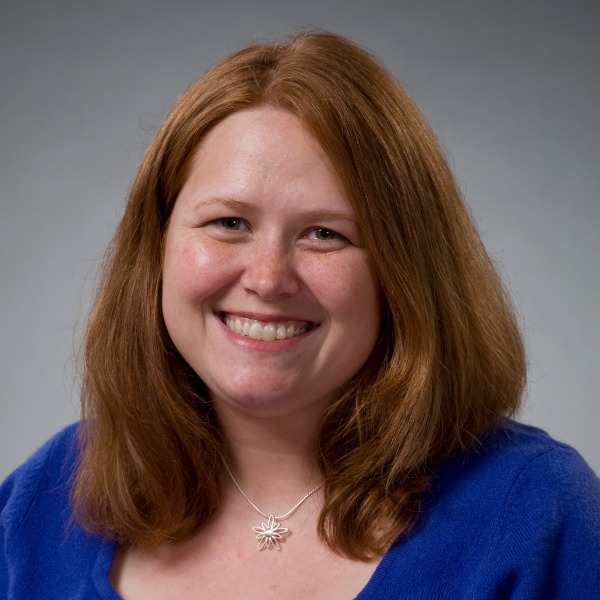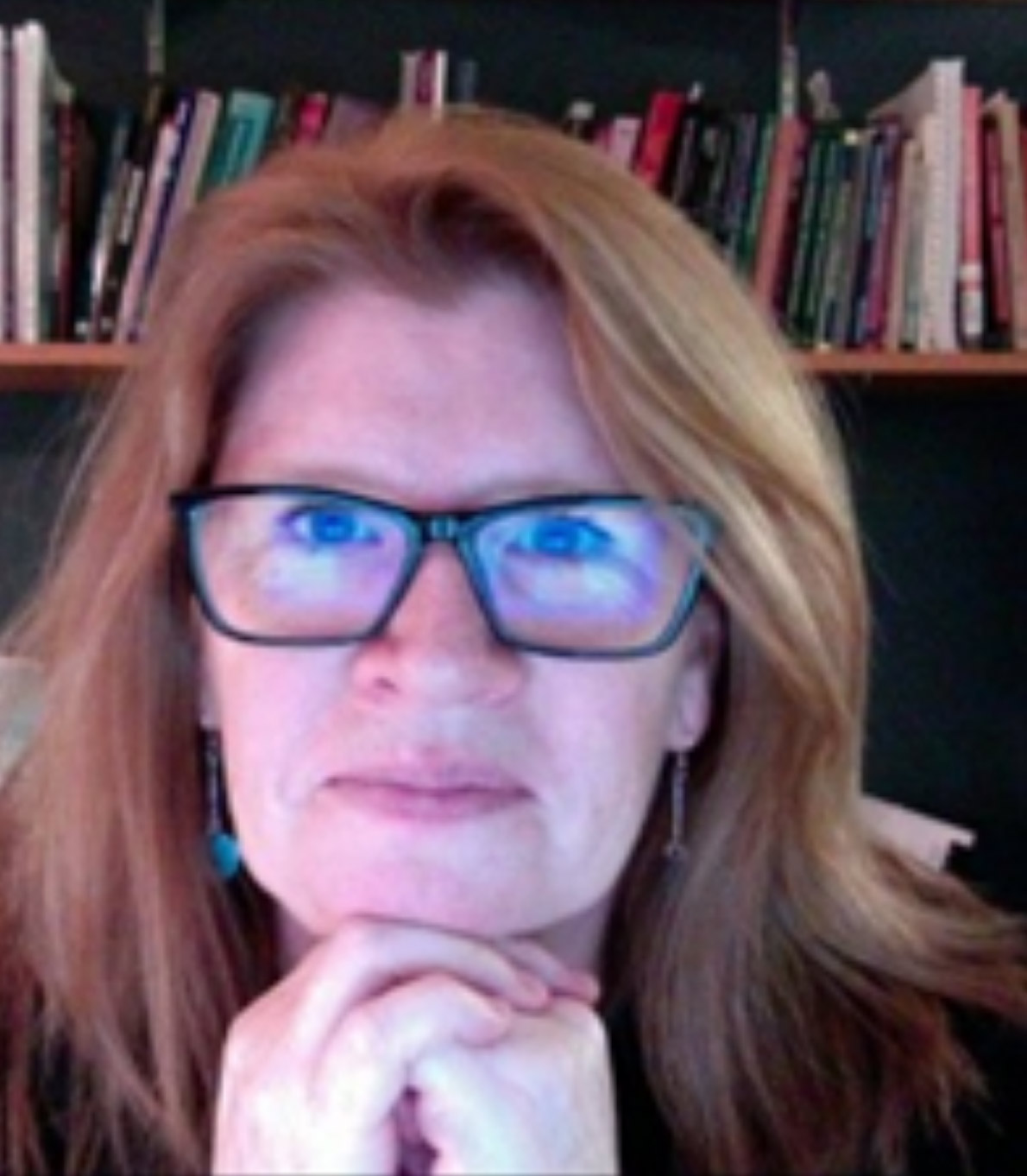Best Practice in Mainstream Education of Deaf and Hard-of-Hearing Students Conference


Best Practice in Mainstream Education of Deaf and Hard-of-Hearing Students Conference
2024 Best Practice in Mainstream Education Conference
June 21-23, 2024
Join us to engage with world-renowned educators of the deaf and learn cutting-edge pedagogy!
Keynote Presentation
Redefining roles: Putting the Teaching Back into Itinerant Teaching
Presenter: M. Christina Rivera, Ph.D.
M. Christina Rivera, Ph.D. is an Associate Professor of Practice in the department of Disability and Psychoeducational Studies at the University of Arizona. She is the director of the Special Education-Deaf/Hard of Hearing teacher preparation program and Accelerated Master’s Program. She has been a researcher with the Center on Literacy and Deafness since 2012 and has over 30 years of experience as a teacher and leader in the field of educating students who are Deaf and Hard of Hearing. Dr. Rivera’s research interests include literacy development in DHH students, the itinerant model of service delivery, and teacher quality.

Conference Schedule
Friday, June 21 |
||||
| 4:30 – 6:30 p.m. | Conference Registration and Cocktail Hour at Lovin’ Cup – 300 Park Point Dr. Rochester, NY, 14623 | |||
| Dinner on your own | ||||
Saturday, June 22 |
||||
| 7:00 – 9:00 a.m. | Registration/breakfast | |||
| 9:00 – 10:30 a.m. | Keynote #1 M. Christina Rivera: "Redefining Roles: Putting the Teaching Back into Itinerant Teaching" | |||
| 10:45 – 11:15 a.m. |
Interpreting in Education CSD-1310 Hannah Tsosie Educational Interpreter, State of Arizona |
Language and Literacy LBJ-2590 Jennifer Catalano Flagler College |
STEM and Innovation CSD-1300 Sarah Sarchet National Technical Institute |
Transition and Post-Secondary Supports CSD-2405 Karla Giese and Tia Ivanko National Deaf Center on Postsecondary Outcomes |
| 11:15 – 11:45 a.m. | Interpreting Breakout Discussion |
Language and Literacy Breakout Discussion |
STEM and Innovation Breakout Discussion | Transition and Post-Secondary Supports Breakout Discussions |
| 11:45 – 12:00 p.m. | Break | |||
| 12:00 – 1:00 p.m. | Lunch (provided) | |||
| 1:00 – 1:30 p.m. |
Interpreting in Education Hannah Tsosie Educational Interpreter, State of Arizona |
Language and Literacy Jennifer Catalano Flagler College |
STEM and Innovation Cara Wilmot NTID Regional STEM Center |
Transition and Post-Secondary Supports Karla Giese and Tia Ivanko National Deaf Center on Postsecondary Outcomes |
| 1:30 – 2:00 p.m. | Interpreting Breakout Discussion | Language and Literacy Breakout Discussion | STEM and Innovation Breakout Discussion | Transition and Post-Secondary Supports Breakout Discussion |
| 2:00 – 2:15 p.m. | Break | |||
| 2:15 – 2:45 p.m. |
Interpreting in Education Royce Carpenter Columbus State Community College |
Language and Literacy Jennifer Verbakel and Erin Pritchett National Technical Institute for the Deaf |
STEM and Innovation Part 1 Brian Trager National Technical Institute |
Transition and Post-Secondary Supports TJ Sanger II National Technical Institute |
| 2:45 – 3:15 p.m. |
Interpreting Breakout Discussion |
Language and Literacy Breakout Discussion |
STEM and Innovation Breakout Discussion |
Transition and Post-Secondary Supports Breakout Discussions |
| 3:15 – 3:30 p.m. | Break | |||
| 3:30 – 4:00 p.m. |
Interpreting in Education Robyn Dean |
Language and Literacy Jennifer Verbakel and Erin Pritchett Senior Speech/Language Professional, |
STEM and Innovation Brian Trager National Technical Institute |
Transition and Post-Secondary Supports Beth Smiley Texas Outreach Services |
| 4:00 – 4:30 p.m. |
Interpreting Breakout Discussion |
Language and Literacy Breakout Discussion | STEM and Innovation Breakout Discussion | Transition and Post-Secondary Supports Breakout Discussions |
| Dinner on your own | ||||
Sunday, June 23 |
||||
| 8:00 – 9:00 a.m. | Breakfast | |||
| 9:00 – 10:30 a.m. | Panel Discussion: “What to Tell our High School Seniors About Transition to College/Career?” | |||
| 10:30 – 10:45 a.m. | Break | |||
| 10:45 – 11:15 a.m. |
Interpreting in Education Whitney Wierick |
Language and Literacy Parent Panel (CCSS) |
STEM and Innovation NTID Programs for Middle School and High School DHH Students NTID Outreach, Project Fast Forward, NTID Regional STEM Center, New Signers Program, NTID Summer Transition Program, NTID Summer Vestibule Program |
Transition and Post-Secondary Supports Denise Hampton and Michael DiNisco National Technical Institute |
| 11:15 – 11:45 a.m. | Interpreting Breakout Discussion |
Language and Literacy Breakout Discussion |
STEM and Innovation Breakout Discussion |
Transition and Post-Secondary Supports Breakout Discussions |
| 11:45 – 12:00 p.m. | Break | |||
| 12:00 – 12:30 p.m. |
Interpreting in Education Karen King NAIE Professional Development Director |
Language and Literacy Parent Panel (CCSS) |
STEM and Innovation Jessica Scott and Scott Cohen Georgia State University |
Transition and Post-Secondary Supports Denise Hampton and Michael DiNisco National Technical Institute |
| 12:30 – 1:00 p.m. | Interpreting Breakout Discussion |
Language and Literacy Breakout Discussion |
STEM and Innovation Breakout Discussion |
Transition and Post-Secondary Supports Breakout Discussions |
| 1:00 – 2:00 p.m. | Boxed lunch | |||
* All Breakout Sessions and Breakout Sessions Follow-up Discussions will be organized in four tracks:
- Interpreting in K-12 Education
- Language and Literacy
- Technology and Innovation
- Transition and Postsecondary Supports
Breakout Sessions
In this interactive workshop, you will explore six brain-based learning principles with your colleagues, based on work by Sharon Bowman (2011). In teams, you will brainstorm strategies for incorporating these principles in your work with deaf and hard-of-hearing students. You will leave with tangible reminders of what you’ve learned. This is a highly participatory session. Concepts will build upon each other; to get the most benefit, please plan on attending from the beginning.


Jennifer Verbakel, MS CCC-SLP
Jennifer has been working at RIT/NTID for 14 years, and has experience as a speech-language professional and a classroom instructor. She enjoys exploring new and diverse topics, including how to improve learning and teaching opportunities for her students.
Bio coming soon.
An interpreter's role in recognizing the intersectionality of identities for Indigenous Deaf students who navigate both Deaf and Indigenous cultures. We will explore how these intersecting identities shape experiences and perspectives in a mainstream educational setting


Jessica Scott is an associate professor and director of the Deaf Education programs at Georgia State University. She previously worked as a high school teacher at the Alaska School for the Deaf and a K-8 Reading Specialist at The Learning Center for the Deaf. Her current research interests focus upon multilingual and multimodal education for deaf and hard of hearing students.
This workshop will discuss the illusions of communication between the educational team members, including educational interpreters, teachers of the deaf and hard of hearing special education teachers, and other related service providers. Often, interpreters-specific jargon impacts collaborative relationships and the ability of the interpreter to participate as an integrated educational team member. To foster interdisciplinary collaboration, this workshop will discuss interpreter strategies to bridge comprehension gaps and improve communication between all stakeholders to support deaf and hard-of-hearing students’ access to K12 formal and informal learning. Case studies will be referenced to create constructive dialogue and uncover strategies that foster collaboration that benefits students in mainstream classrooms.
This breakout session will be presented in English to avoid inequalities and power dynamics and encourage meaningful collaboration. This breakout session aims to foster a dialogical approach between all attendees, and therefore, this session will be presented in English. I recognize that non-interpreters may feel intimidated or on the periphery of the conversation if it occurs in ASL, and their degree of fluency impacts their ability to converse, causing inequalities in power dynamics between related service providers that could affect the discussion
Karen is a certified interpreter (NIC) and SODA (Sibling of a Deaf Adult) from Portsmouth, VA with almost 30 years of educational interpreting experience and over 15 years of video relay interpreting experience. She is an Educational Interpreter for the Newport News Public School District. She graduated from Danville Community College’s Weekend Educational Interpreter Training (WEIT) program in 2004 and Regent University with a Bachelor of Arts in Biblical and Theological Studies in 2022. She will graduate with her Masters of the Arts in Liberal Studies (MALS) from Rutgers University this December. Her master’s thesis is an autoethnography. She is the Professional Development Director for the National Association of Interpreters in Education (NAIE). Her article Illusions of Communication was published in the “Views” (Winter 2023 Volume 1 Issue 40).
This presentation will also describe how the California Vocational Rehabilitation Representative to RIT/NTID works with VR offices in California, students and families, and Colleges to build successful partnerships and resources. We will discuss how both California Vocational Rehabilitation and RIT/NTID have more similarities than differences in our shared goal and mission to serve students.
If you work with interpreters, you have likely heard the claim that, “interpreters are members of the team”. Whether in an educational, medical, or a mental health context, this is a common refrain. Yet, what this actually means in practical and ethical terms (i.e., effective actions and the inherent responsibilities) has been left to individual interpretation. Unless this or any figurative term is addressed and openly defined, we imagine that we share a definition, often mistakenly. This presentation deconstructs this team member claim into collaborative and practical concepts using demand control schema (DC-S).
DC-S is an evidence-based, work analysis tool and decision-making model used across the globe by signed language interpreters. It is based on the proposition that interpreting in community settings such as in educational settings must be understood as a practice profession. DC-S also allows those service professionals that work alongside interpreters to better understand the dynamic and complex nature of interpreting and the values that undergird, or those that should, the context-based work of interpreters.<

An approach to content area vocabulary instruction for use with young students who are Deaf and Hard of Hearing (DHH). The explicit and contextualized instructional strategies expose students to new words and give students practice using those words expressively. The primary concept behind the ECVI approach to vocabulary instruction is that DHH students need multiple exposures to a word in order to learn and use the word. Teachers of DHH students must provide their students with explicit, contextualized, and repeated opportunities to learn new words as well as strategies for becoming life-long vocabulary learners. This presentation will provide participates with an overview of the ECVI-DHH research and strategies.

The Proverb “It takes a village to raise a child” is the undergirding of this workshop. Sometimes, we look for boundaries where one educator, specialist, and interpreter ends and another begins, but in reality, everyone should work in tandem with the child’s success in mind. Researchers say children strive to grow healthier when adults work as partners, not separate entities. Children experience less stress, feel more secure, and can be more creative. The Proverb “It takes a village to raise a child” challenges us not just to think it is the parent’s responsibility to get along and work in synch for the betterment of the child; it is everyone in the child’s sphere, including interpreters, educators, administrators, healthcare providers, etc. The workshop will talk about the importance of every adult in an educational environment to see one another as capable and valuable to the child’s success, learn how to work in tandem in and outside of the classroom regarding curriculum, creating a space of equity and inclusion, and understanding oneself and the power and privilege that impacts the space and the child you are in daily.
Dr. Royce M. Carpenter is an Associate Professor, Interpreter Education Program coordinator. She has interpreted in many settings for 24 years and has been teaching for 17 years. Dr. Carpenter is a trainer and workshop presenter on signed language interpreting, cross-cultural mentoring, diversity, equity and inclusion, and leadership cultural competency for higher education institutions and for-profit and nonprofit organizations. Carpenter’s work includes teaching and facilitating courageous conversations necessary for interpreters, students, educators, leaders, and communities to look outward and within. She says understanding oneself and others is essential to equality and inclusion. Dr. Carpenter holds a Registry of Interpreters for the Deaf, National Interpreter Certification: Master level, an Applied Associate of Arts degree in Interpreting/Transliterating from Columbus State Community College, a Bachelor of Science degree in Organizational Management from Wilberforce University, a Master of Arts degree in Teaching Interpreting Studies from Western Oregon University, a Higher Education Specialist Ed.S. degree and a Higher Education and Leadership Ed.D. from National Louis University.
Carrie Lou Bloom, PhD, is an Assistant Professor of Practice in the Department of Educational Leadership and Policy at the University of Texas at Austin and co-directs the National Deaf Center on Postsecondary Outcomes. Her research focuses on the psychological factors involved with transition, and strategies for mitigating systemic disparities that affect deaf communities. Carrie Lou advocates for examining the deficits within systems, then changing the systems — not deaf people.
Educating deaf and hard of hearing children requires a collaborative effort between parents and teachers. In this panel presentation, we delve into the valuable insights provided by parents of deaf and hard of hearing children, exploring their perspectives, challenges, and aspirations within the mainstream educational system. Through a lens of empowerment, we highlight the essential role parents play in their children's education and emphasize the importance of fostering strong partnerships between home and school. By understanding parents' perspectives, educators can better support the diverse needs of deaf and hard of hearing learners and cultivate inclusive learning environments that promote academic success and holistic development.
Beth Smiley, a doctoral candidate in School Improvement at Texas State University, leverages her 20+ years of Deaf Education experience, including a Master's degree in the field, to empower students as a Supervisor of the Adult Curriculum for Community, Employment & Social Skills (ACCESS) program at the Texas School for the Deaf. Beth's true passion lies in Transition Services, ensuring students leave with the confidence and skills to flourish in their communities.
A study of the supervision experiences of 230 educational interpreters found that 21% of the sample said their supervisors were teachers, mostly teachers of the deaf (Weirick, 2021). Half of the interpreters in the sample said they did not have annual job evaluations, and of those who did, most said they were only evaluated on “attitude, attendance, and attire,” not their core professional competency: interpreting. Teachers of the deaf and educational interpreters clearly share the same goal: student success. But whether teachers should supervise or evaluate interpreters remains an open question. In this session, participants will be encouraged to share their experiences and unpack what it means when they are tasked with supervising colleagues in addition to their many other responsibilities. Drawing on the presenter’s research, participants will critically consider whether supervising interpreters (who are professional related service providers) best supports the complex communication needs of deaf students, is an antiquated relic from the early days of k-12 interpreting or is something else altogether.
TJ Sanger is a faculty member in the Master of Science in Secondary Education program at RIT/NTID. TJ oversees the mentoring program and advises students in the MSSE program. Prior to joining the MSSE department, TJ has been involved in a variety of roles, such as academic advising, school and mental health counseling, teaching, mentoring and supporting students in several different settings. TJ holds a master’s degree in Social Work from Arizona State University and a post-graduate certificate in School Guidance Counseling from Ottawa University.
§ There are five interpreting related Breakout Sessions during this conference. RID members and interpreters can receive CEUs for these workshops or sessions. NTID’s Office of External Affairs is partnering with the Department of American Sign Language and Interpreting Education to provide Registry of Interpreters for the Deaf (RID) CEUs for this event. ASLIE is an approved RID CMP Sponsor for Continuing Educational Activities. This conference offers .1 Professional Studies CEUs at the Some Content Knowledge Level for each hour of the interpreting related sessions. Participants can earn up to 0.6 CEUs for successfully completing all interpreting sessions. Should you require an accommodation, please contact Brian Haak at behoea@rit.edu by Friday, June 14, 2024. This event upholds nondiscriminatory practices and encourages a learning environment which is free from bias and promotes mutual respect.




